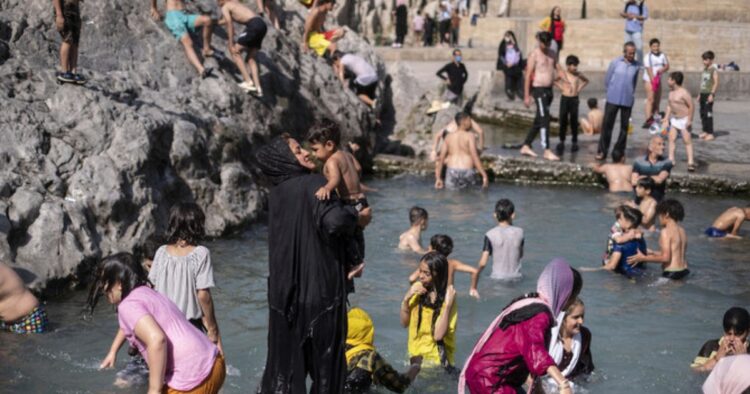In a recent development, an Iranian court has mandated the US government to compensate over $6.7 billion to plaintiffs affected by the discontinuation of medical supplies. This decision stems from a Swedish company halting the supply of special dressings and bandages for those suffering from Epidermolysis bullosa, a rare and painful skin disorder.
The Swedish company ceased operations in Iran following US sanctions imposed on the Islamic Republic after the US withdrawal from the 2015 nuclear deal.
Background on Epidermolysis Bullosa
Epidermolysis bullosa is a genetic condition causing severe blistering of the skin and mucous membranes, often referred to as “butterfly children” due to their fragile skin akin to a butterfly’s wing. The condition is debilitating and can be fatal, with approximately 20 deaths reported after the Swedish company withdrew its supplies.
The $6.7 billion compensation order was filed on behalf of 300 plaintiffs, including family members of victims and those who suffered physically and emotionally due to the supply disruption. This ruling underscores Iran’s efforts to seek redress for the impact of sanctions on its population, particularly vulnerable groups like those affected by rare medical conditions.
Geopolitical Tensions and Economic Impact
The legal dispute reflects broader geopolitical tensions between Iran and the US, exacerbated by the US withdrawal from the nuclear deal and subsequent sanctions. Iran has accused the US of interfering in its economic affairs and harming its ability to access essential goods and services, including medical supplies.
ALSO READ: “Masoud Pezeshkian Wins Iran’s Presidency: Implications for Iran-India Relations”
This case is part of a series of legal battles between Iran and the US, with both countries filing lawsuits and seeking compensation in various international courts. The United Nations has been involved in some of these disputes, highlighting the complexity and contentious nature of international relations and legal frameworks.
Future Implications and Reactions
The outcome of this ruling could influence future interactions between Iran and Western countries, impacting diplomatic relations and economic policies. It remains to be seen how the US government will respond to the compensation order and its implications for ongoing international disputes and sanctions policies.
This decision by the Iranian court marks a significant development in the legal and diplomatic arenas, reflecting the intersecting issues of healthcare, international law, and geopolitical tensions.

















Comments